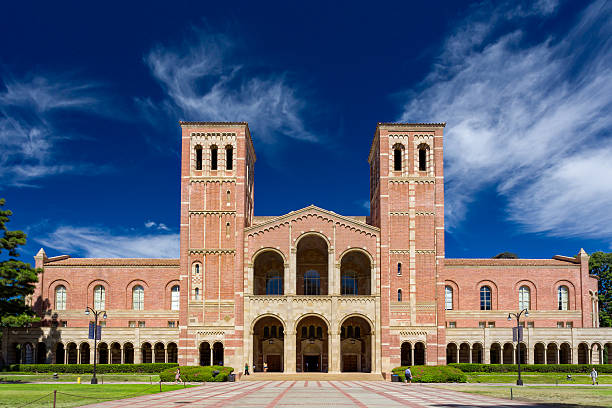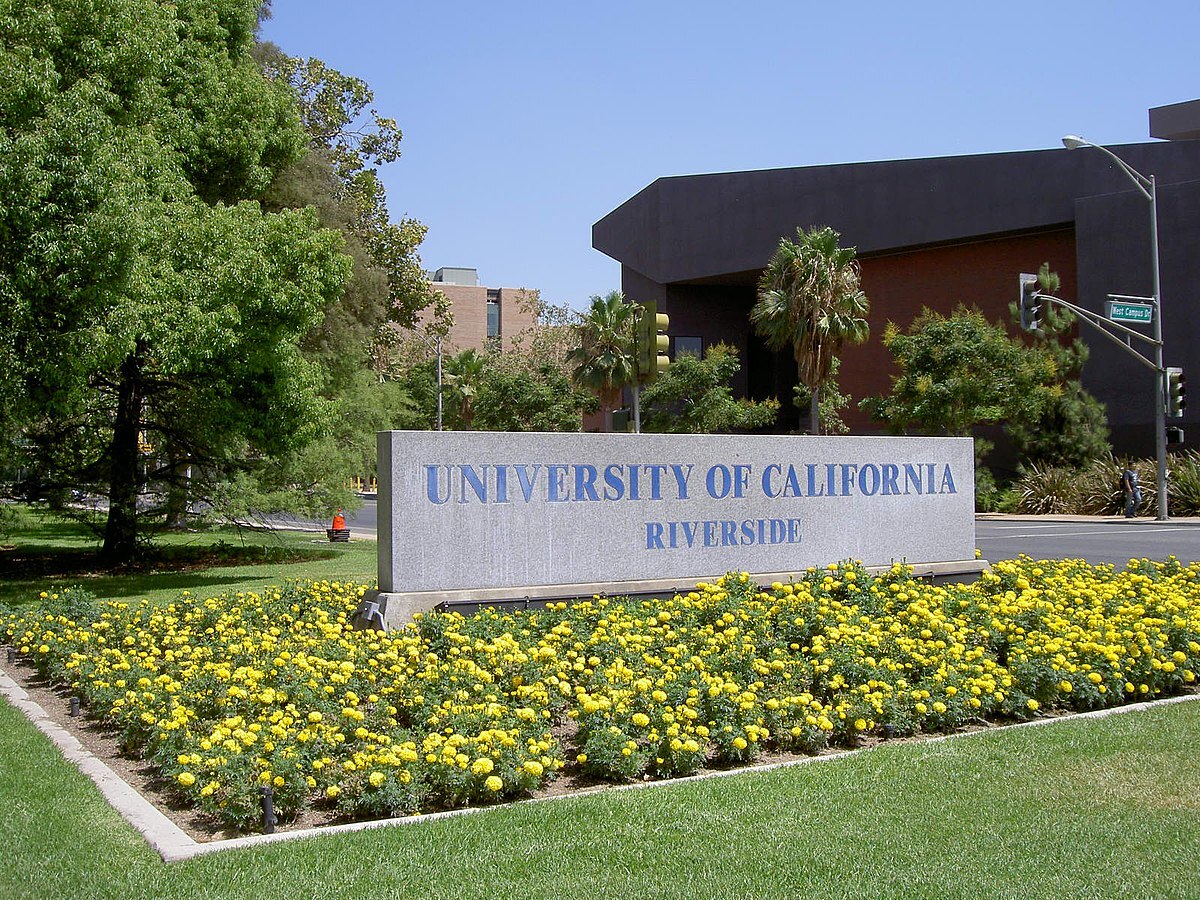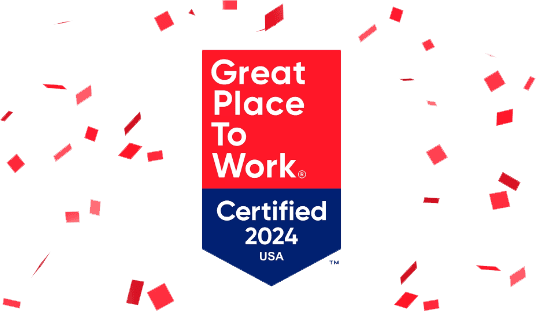- +91 9569540540
- +1 9162762375
- info@in-bay.com
The US.government sector is defined by a complex relationship between public organizations and government policies. Unlike private and nonprofit sectors, public entities are guided by governance principles, ensuring accountability, transparency and service to the public. While private-sector practices are occasionally adopted to improve efficiency, public-sector organizations remain distinct, focusing on equitable service delivery and adherence to democratic values.









The private sector in the US includes businesses owned by individuals, corporations, and nongovernmental entities. It spans industries like finance, manufacturing, and hospitality. Employees are paid from company revenues and often enjoy higher pay raises, more career growth, and promotion opportunities. However, due to competitive market pressures, they face less job security, fewer benefits, and demanding work environments with longer hours.












The US has a robust and diverse education system that serves millions of students from K-12 through higher education. Home to some of the world’s leading universities and research institutions, the US is a global leader in education. While the sector is continuously evolving, there are ongoing opportunities for growth, particularly in areas like technology integration, vocational training, and expanding access to quality education for underserved communities. With a focus on innovation and inclusivity, the US education system continues to shape the future of both domestic and international students.










We Are Great Place to Work® Certified™ in 10 countries with a full-time workforce [India, USA, Canada, Poland, Romania, Moldova, Indonesia, Singapore, Malaysia & Thailand]! Thank you to our incredible team for making Inbay a fantastic workplace!
